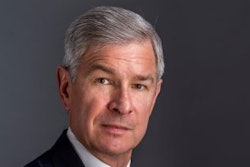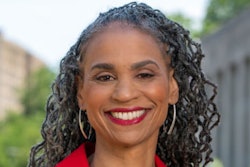The Innovations conference’s opening general session in Chicago on Sunday focused on a growing trend in the community college sector: the move to independently offer baccalaureate degrees at select community colleges across the country. This year’s keynote speakers made a compelling case for why community colleges are well positioned to edge their way into the terrain that until relatively recent years was the principal domain of four year schools.
While many universities have articulation or transfer agreements with local community colleges, the demand for baccalaureate degrees is higher than ever, giving states the incentive to widen the role that community colleges play.
The first community college to offer a baccalaureate degree was the New York Fashion Institute of Technology, in 1970. However, it was not until the 1990s that more states began to approve community college baccalaureate degrees.
Today, 22 states have authorized 80 colleges to offer more than 500 baccalaureate degree programs. Colorado and California are the latest states to approve community college baccalaureate programs.
Workforce needs are the most compelling reason that states authorize community college baccalaureate degree programs, said Dr. Linda Thor, chancellor emeritus at Foothill-DeAnza Community College District. She also suggested that community colleges can provide programs that four year colleges are unable to offer, and provide greater opportunity for “place bound” students who might not be able to attend a university or four year college.
Thor is on the board of the Community College Baccalaureate Association (CCBA), a group founded in 1999 to promote the awareness and acceptance of community college baccalaureate degree programs. CCBA held its annual meeting in Chicago March 18-20, coinciding with the League’s Innovations conference.
Nursing is one of the areas where community colleges can help meet the demands of the workforce, Thor said.




















